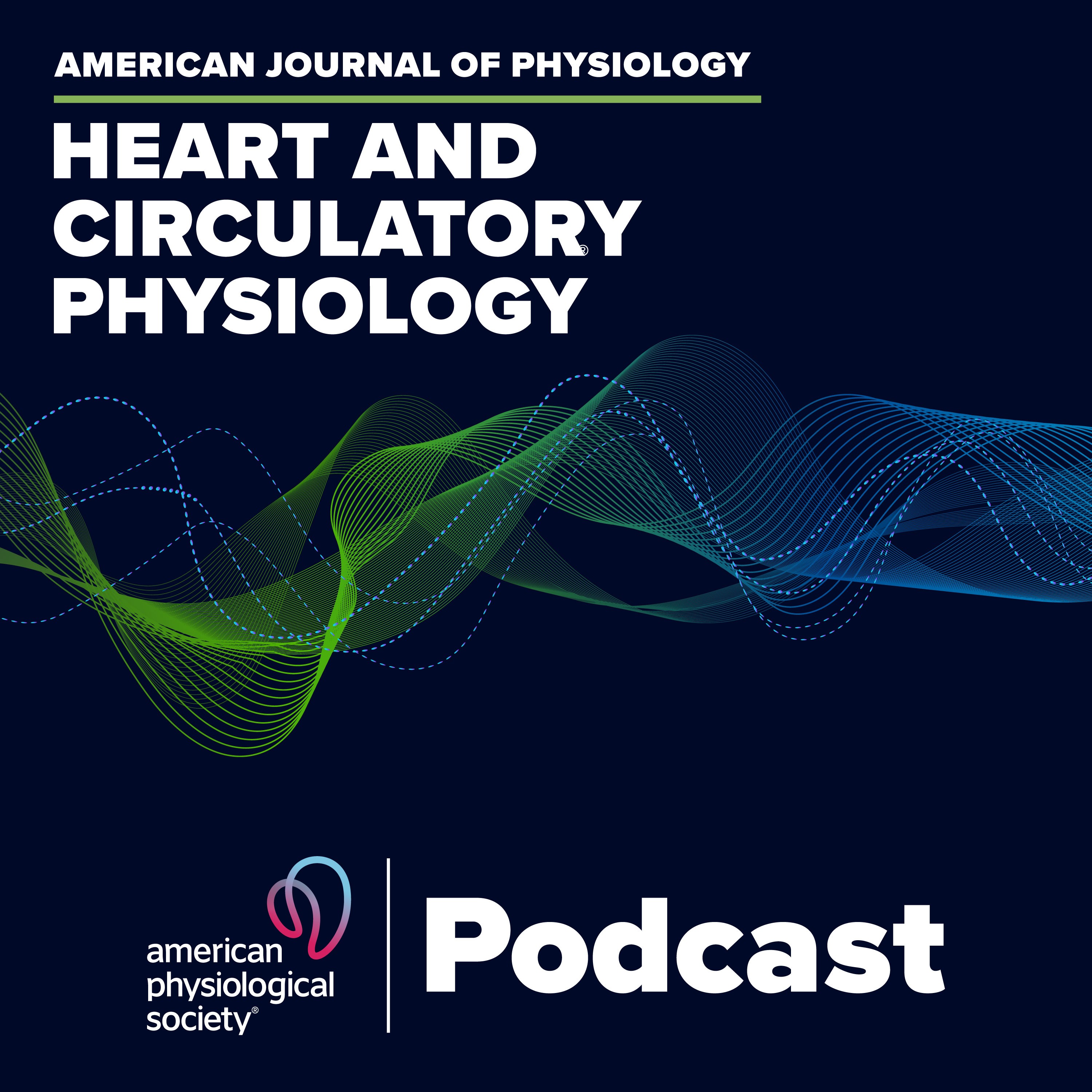Save Hearts, Improve Efficiency
Description
How do the 3 Rs of Research – Refinement, Reduction, Replacement – factor into a methodological paper regarding a novel quantitative method for using an electrocardiogram to determine which animals have infarcts that reflect successful coronary ligation? Listen as Consulting Editor Dr. Ganesh Halade (University of South Florida) interviews lead author and Consulting Editor Dr. Kristine DeLeon-Pennell (Medical University of South Carolina) and content expert Dr. Corey Reynolds (Merck & Co.) about the recent work by Broughton et al. What started as an internal project to improve The DeLeon-Pennell Lab’s surgical success grew into a research article published as part of a Call for Papers on Innovation in Improving Rigor and Reproducibility in Cardiovascular Research. The DeLeon-Pennell Lab was interested in streamlining infarct size between lab members, students, and technicians during the surgical procedures used for their mouse studies. Aiming for a threshold of 35% infarct size, the DeLeon-Pennell Lab wanted to move beyond looking only at the elevation of the T wave to confirm infarct size. To do so, Broughton et al. designed a new ECG method that provides real-time feedback during the procedure. Broughton et al. found that area under the QRS curve is stronger for predicting successful MI surgeries with an infarct size greater than 35%. This new method will ultimately allow researchers to reduce the time spent performing surgical experiments and the overall number of animals used. Listen now to find out more.
Philip Broughton, Miguel Troncoso, Alexa Corker, Alexus Williams, Dawson Bolus, Gualberto Munoz, Caroline McWhorter, Hallie Roerden, Penny Huebsch, and Kristine Y. DeLeon-Pennell Riding the wave: a quantitative report of electrocardiogram utilization for myocardial infarction confirmation Am J Physiol Heart Circ Physiol, published August 3, 2022. DOI: doi.org/10.1152/ajpheart.00201.2022
More Episodes
While decreased IL-33 signaling has been associated with preeclampsia, the mechanisms linking this signaling pathway to disease pathophysiology are not well understood. In this episode, Associate Editor Dr. Amanda LeBlanc (University of Louisville) interviews author Dr. Denise Cornelius...
Published 06/04/24
Published 06/04/24
In this episode, Associate Editor Dr. Jonathan Kirk (Loyola University Chicago) interviews author Dr. Ed Lesnefsky (Richmond Department of Veterans Affairs Medical Center and Virginia Commonwealth University) and expert Dr. Chi Fung Lee (Oklahoma Medical Research Foundation) about the new Methods...
Published 05/03/24


